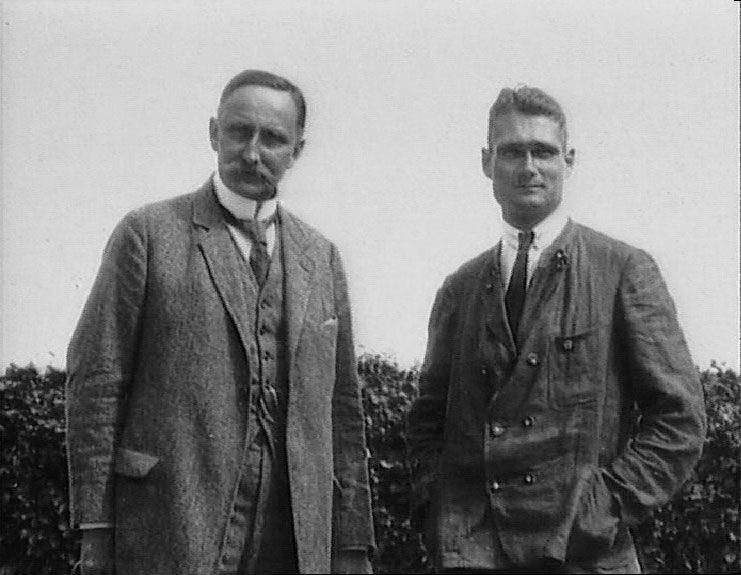On 13 March 1946, Professor Karl Haushofer, founder of the Institute of Geopolitics in Munich, founder and editor-in-chief of the geopolitical monthly Zeitschrift für Geopolitik published in 1924-1944, committed suicide.
He developed the concept of “lebensraum”, “living space” in political science, and sought to instil in Germans the idea that Germany's borders were unfair after the Treaty of Versailles.
In 1920, Rudolf Hess, one of the leaders of Nazism, became a student and then a graduate student and close friend of Haushofer. He arranged for Haushofer to be introduced to the entire Nazi leadership. Following the failed Beer Hall Putsch in Munich in November 1923 (a failed NSDAP attempt to take over the government in Bavaria), Haushofer hid Hess in his house and persuaded him to surrender to the police. Eventually, Hess relented and was imprisoned in 1924. The faithful professor visited him and Hitler and lectured them on geopolitics.
During the Nazi regime, Haushofer headed for a while the German Academy, the Ethnic German Council and the German People's Union Abroad. Adjusting to the needs of the Reich's foreign policy, he often changed his scholarly assertions. At the same time, he was quite critical of Hitler, whom he saw as an unintelligent philistine, of National Socialism, and never joined the NSDAP. His friendship with Hess ensured his association with the regime and its favour.
After Hess left for Britain in May 1941, Haushofer came under constant Gestapo surveillance. On 23 April 1945 his son, the poet and anti-fascist Albrecht, was murdered in a Berlin prison, while Haushofer himself spent a month in Dachau concentration camp.
Haushofer was not charged with war crimes or crimes against humanity, but the facts of his close co-operation with the Nazis were common knowledge.
He was examined several times during the preparations for the Nuremberg trials. On 9 October 1945, in Nuremberg Prison, he saw Hess for the first time in five years – and Hess “did not recognise” him (at the time, Hess was either feigning amnesia or had actually lost his memory).
Having survived several arrests, the pillaging of his estate by French soldiers, Haushofer fell into a severe depression and could not overcome the crisis. On 13 March 1946, together with his wife and like-minded Martha, Karl Haushofer committed suicide – he took poison and she hanged herself from a tree.
Source:
“Hess: The Man and His Mission” by Joseph Bernard Hutton, New York, Macmillan, 1971
























